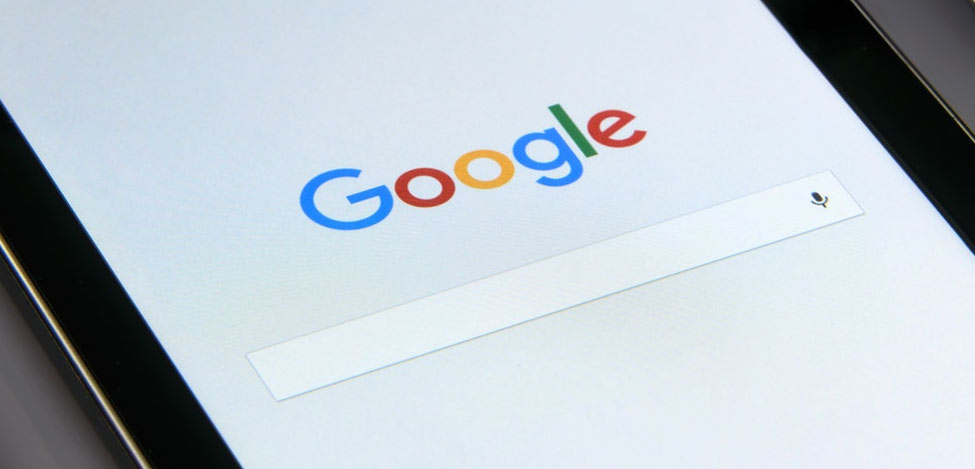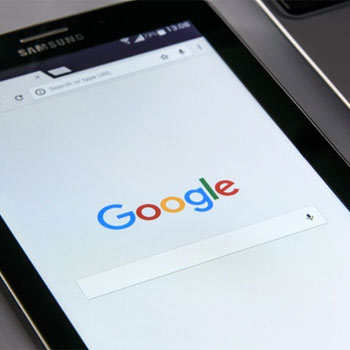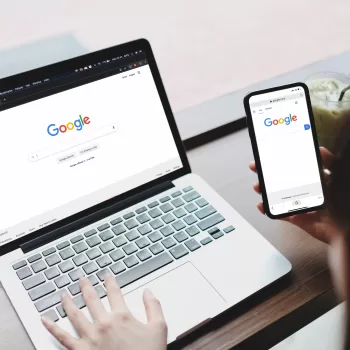The US government is working closely with Google to develop a new website that informs people about Coronavirus, in addition to other measures such as screening locations. This project is entirely different than the one announced on Friday, which was being developed by Verily, a sister company to Google. While Verily’s website is designed to only serve two counties in the Bay Area and San Francisco, Google’s new website is planned to work nationwide.

The Google Hype Train Caused Confusion
Tremendous confusion spread as President Trump announced with growing enthusiasm that Google was racing to build a site to help all Americans, declaring that over 1700 engineers were working on the website. But neither Google nor its sister company were prepared for the announcement. Verily’s solution was designed to work for only two counties at best, and that too in limited capacities.
Other limitations of the new website include being only available in English and to people over 18 years old. Only a few hours after going live, Verily’s servers got overwhelmed with requests and was unable to process too many users at once.
When it does seem to work, Verily’s survey starts by asking users about commonly reported COVID-19 symptoms such as severe cough, fever, shortness of breath, and others. When people answer ‘yes’ to their question, they are asked to receive medical attention instead of visiting testing centers – not exactly the kind of advice they were looking for.
Verily’s answer is not a bug – although it may seem at first. That’s because users with severe symptoms are past the point of testing and need to seek urgent medical care. A spokesperson for Verily said that the new website is still learning more to identify COVID-19 risk screening and testing.
Privacy and Data Concerns
The new website has raised concerns about privacy and data use. Verily’s tool was made using their Project Baseline Platform, a product that lets patients participate in clinical studies. This requires users to login with their Google account, which means they either need to create a new one or use an existing one.
In a lengthy written interview with the Guardian, Verily said that users of the COVID-19 tool will not be automatically signed up for the program. They will be given the option to participate in Project Baseline once they have their test results. If they decline the use of their data, it will not be used for research other than by the “California Public Health authorities for this public health emergency”.
Moreover, Verily reassured that none of the data will be used for advertising purposes, and that no data will be stored without the user’s explicit permission. The information entered into Verily’s website may be shared with third parties. This includes Verily’s own staff as well as volunteers from Google who are collaborating on the new tool.
These individuals will have access to data to quickly schedule tests and get quick results. Verily did not make it clear who the third party authorities are and how they plan on sharing the information.
It remains to be seen how the now-rushed Verily website and similar projects will work to combat the spread of COVID-19.







